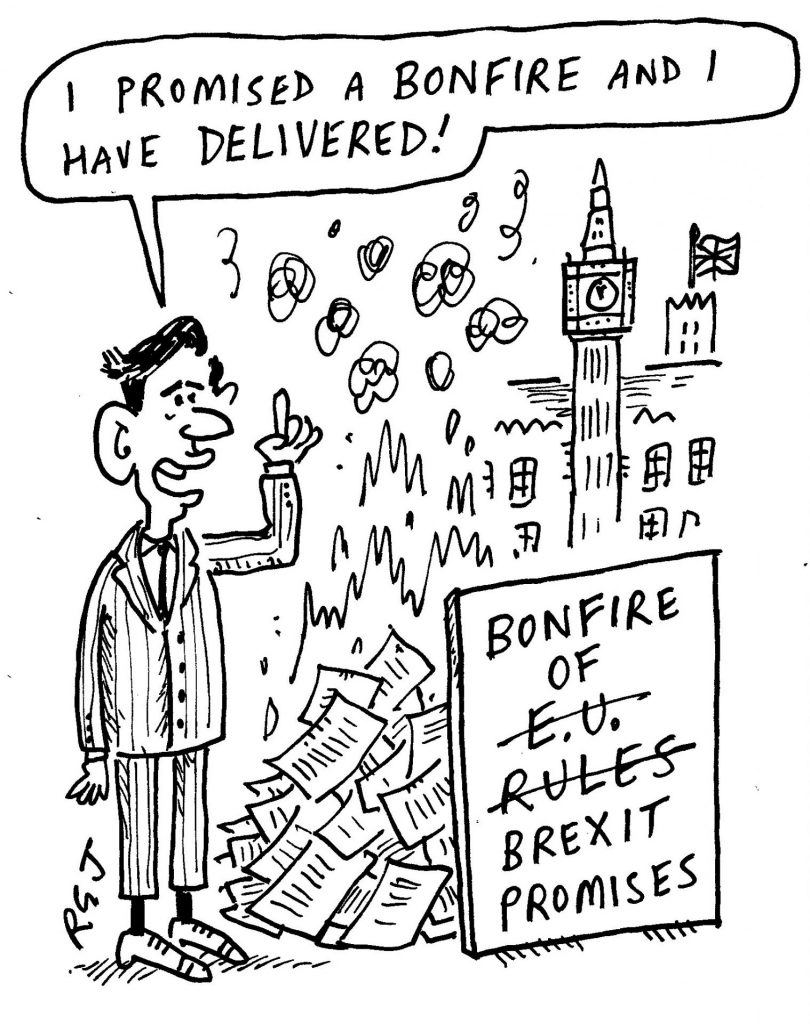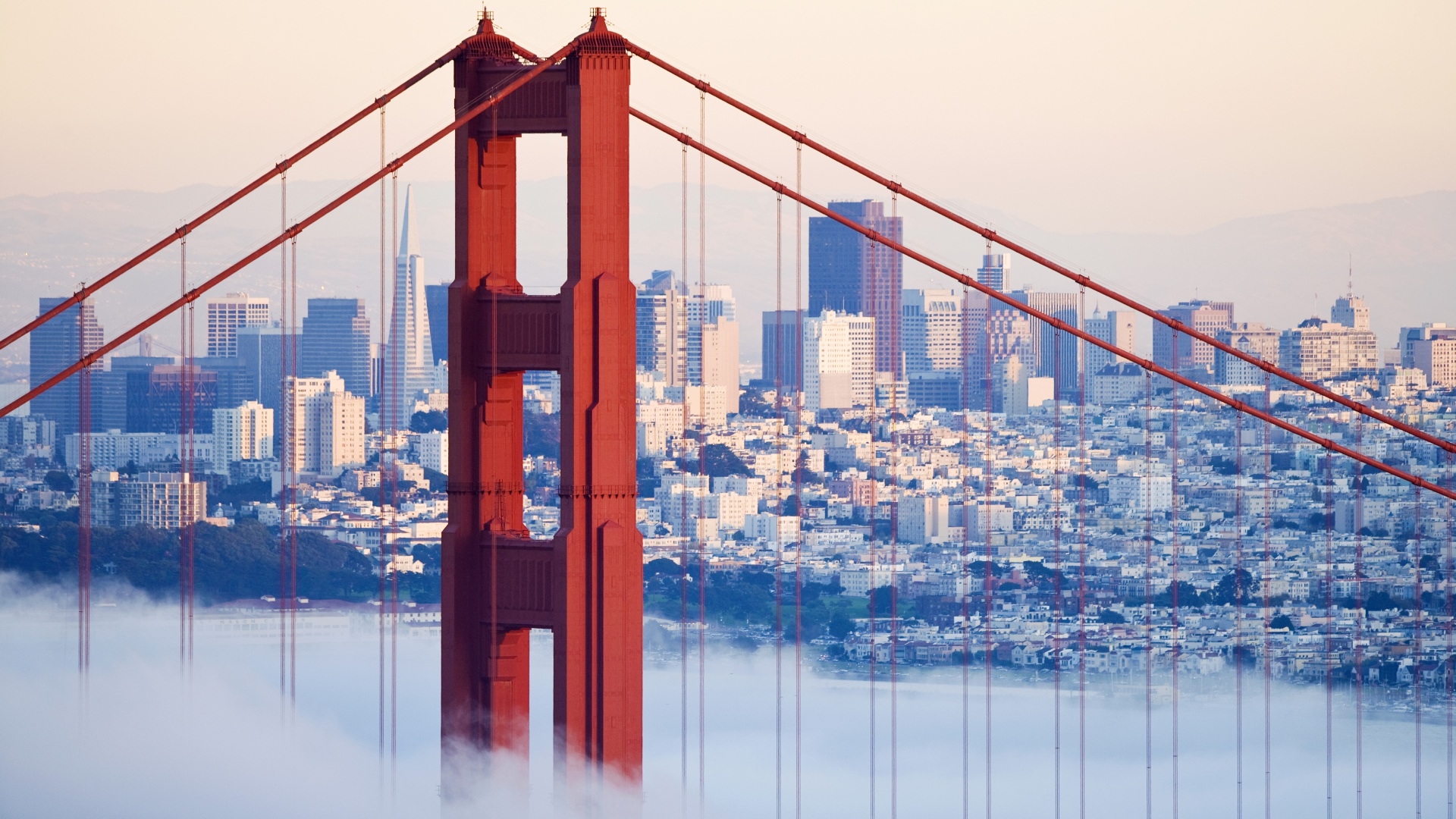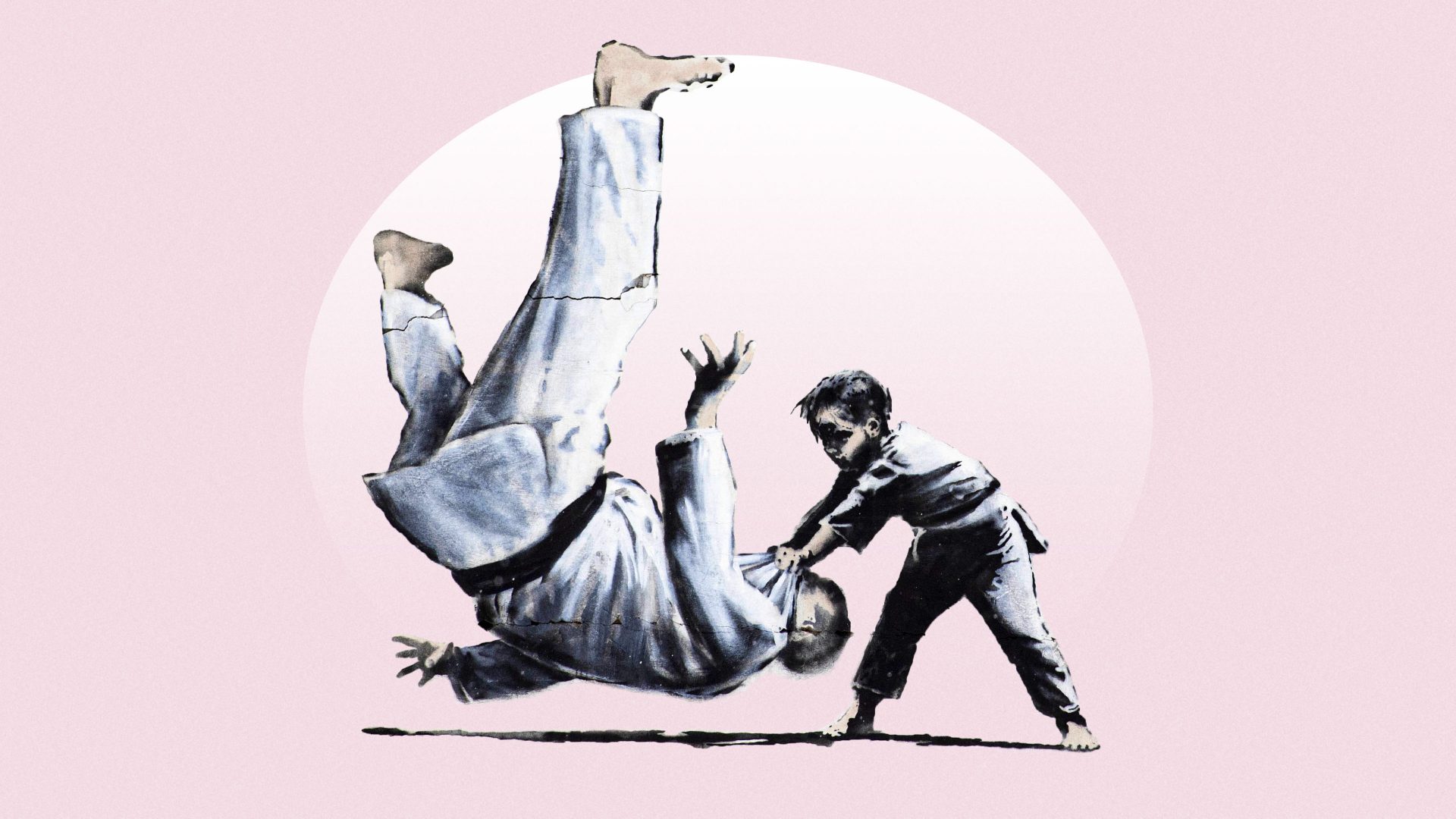There were a fair few security guys hanging around the Newsnight studio last Thursday, given a prominent right wing Israeli MP and the Palestinian ambassador to London were in the building, set to discuss the latest violence out there.
As things turned out, their meeting was relatively peaceful compared with the debate earlier in the programme about Brexit. You might have seen it. Or, more likely, you might have seen the angry bits all over social media on Friday morning. I am unaware of the actual definition of “going viral”, but viral my exchanges with a Reform Party adviser and presenter Victoria Derbyshire surely went.
I had been hoping, and half expecting, that I would be up against Nigel Farage or Jacob Rees-Mogg, with whom I have had many robust but enjoyable debates in the past. They were either unwilling or unable, so I found myself alongside Alex Phillips. I confess I didn’t know of her, though wish I had because I could then have reminded viewers of her role working for the data-mining criminals at Cambridge Analytica, something I learned from the many tweets asking me why I hadn’t challenged her over it.
The “peg” was the shredding of the bill that Rishi Sunak had promised would shred all legislation that might ever have had any contact with any legal or political institution beyond Dover. The reason for the shredding of Operation Shredder was that even he has worked out that an economy already battered by Brexit cannot take much more of the financial, legal, commercial and environmental chaos the bill’s implementation would bring.
I confess the inveterate book-plugger in me was also tempted by Newsnight’s promise – sadly broken, but never mind – that they would mention my new book in the set-up for the interview, thus allowing me to address some of its central themes, like Brexit being both symptom and cause of our decline, with populism and polarisation its driver.
The populism was quickly on display, Phillips running with the new Farage-ist line that “if only we did Brexit the way we want it, everything would be tickety-boo.” Things got heated when she reeled out some of the many things about Brexit that were damaging the country. Maybe she was hoping that I would welcome this frankness. Having heard her say to me and the Palestinian ambassador outside that Brexit had raised the living standards of the poor, that was never really on the cards. Instead, I pointed out that Brextremists never, ever accepted any responsibility for Brexit’s failings, and none of them had ever had a credible plan.
I did drop a little “my dear” into the chat, which was patronising and unnecessary, but it really is quite hard to sit and listen to the kind of rubbish she was coming out with. Victoria Derbyshire clearly felt my approach was too aggressive, and tried to end the debate. I took the opportunity to make the point that the BBC has for years provided platforms to the Brexiteers and that they are never properly challenged or scrutinised.
That was somewhat unfair on her because she is much better at challenging nonsense from them than many in the BBC landscape. But culturally, I believe my point holds. Indeed, former BBC editor Rob Burley, who in the past often rejected my claims that some in the BBC sometimes hold back in this way, seems to have confirmed it in his recently released book.
Were my points valid? Yes. Was the way in which I expressed them on brand with the “disagree agreeably” motto of The Rest Is Politics podcast? No. Did I apologise to Victoria? Yes. Did I apologise to Alex Phillips? No, and I was glad not to have done so when I saw her claiming that “bullying, intimidation and frankly thinly veiled misogyny” had been at play.
She claimed I leant into her when the clip she was referring to showed me leaning away; and that I had “blasphemed loudly” as the exchange ended. Had it been loud, Alex, the viewers would have heard it.
In any event, as I write in the book, that wasn’t mentioned: “Hilariously, the right often seek to defend their anti-woke diatribes as being rooted in a love of free speech. Yet ‘woke,’ and its ally, ‘snowflake,’ are used in practice to try to shut down any criticism or questioning of the populist, polarising, post-truth approach.” Farage, fresh from a striptease dance on GB News (Strictly can’t be far off) called for me to be banned for ever from the BBC airwaves. Anti-free speech snowflake.
They really don’t like it when you call them out. It needs to happen more often, because it is in large part the failure properly to call out the lies and false promises over the last seven years and more that has left us in the Brexit morass into which we are sinking more each day.

“Disagreeing agreeably” was back on track for two meetings with former chancellor George Osborne, first on the latest episode of LEADING, our podcast interview channel, and then on a business panel in Manchester. Sophy Ridge of Sky News chaired it, and we were joined by another ex-chancellor, Philip Hammond, and my former colleague Ed Balls.
Hammond revealed that at the last election, he didn’t vote because he couldn’t bring himself to contribute to the prospect of Johnson staying in Downing Street. He soared in my estimation!
I was honoured to be asked to deliver the annual Julian Priestley lecture in memory of a lovely man, for 10 years secretary general of the European Parliament, who died aged 66, 10 months after the 2016 referendum. There were, though I say so myself, some good lines in my speech, titled “what one generation does, the next can undo”. But the line of the night came from ex-BBC man Mark Mardell, who chaired the event.
Mark has Parkinson’s, which he talks about on the podcast he does with other well-known Parkinson’s sufferers, Movers and Shakers. “I’m a pretty optimistic sort,” he said, “but it has its limits. After all, I can be fairly cheerful broadcasting about having a degenerative brain disease for which there is no cure. But I cannot find the same level of cheerful positivity about Brexit.”
I was also very touched by his observation: “On the whole, the thing about Alastair’s reputation as a bruiser is that he bruises those who deserve bruising. You know who and what I mean.” Danke, Mark.
Talking of Danke, last week I mentioned that I was speaking at a conference hosted by International House on the importance of learning languages, and some of you appeared to be sceptical about my claim that I could sing ABBA songs simultaneously in three languages. The several hundred people present would testify that I can and I did.
Indeed a lady from Spain said to me at the book signing afterwards: “You have a lovely ear.” I think she meant for music – my ears are really not that nice. Few male ears are, especially when the hair on them seems to grow faster than on the head. Anyway, here is a little taster of what I sang …
Danke für die Musik,
Die Lieder, die ich singe,
Danke für die Freude, die sie bringen,
Qui pourrait vivre sans ça,
Je demande en toute honnêteté,
La vie qu’est-ce qu’elle serait
Without a song or a dance
Qu’est-ce qu’on est
Alors je dis
Danke für die Musik
For giving it to me…




